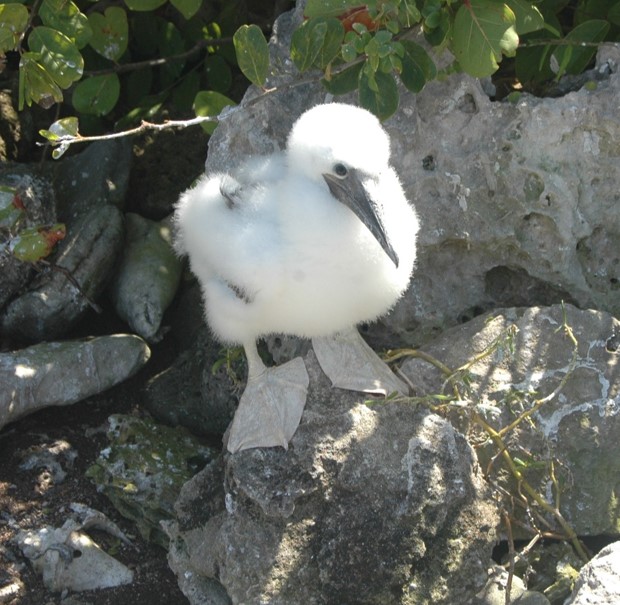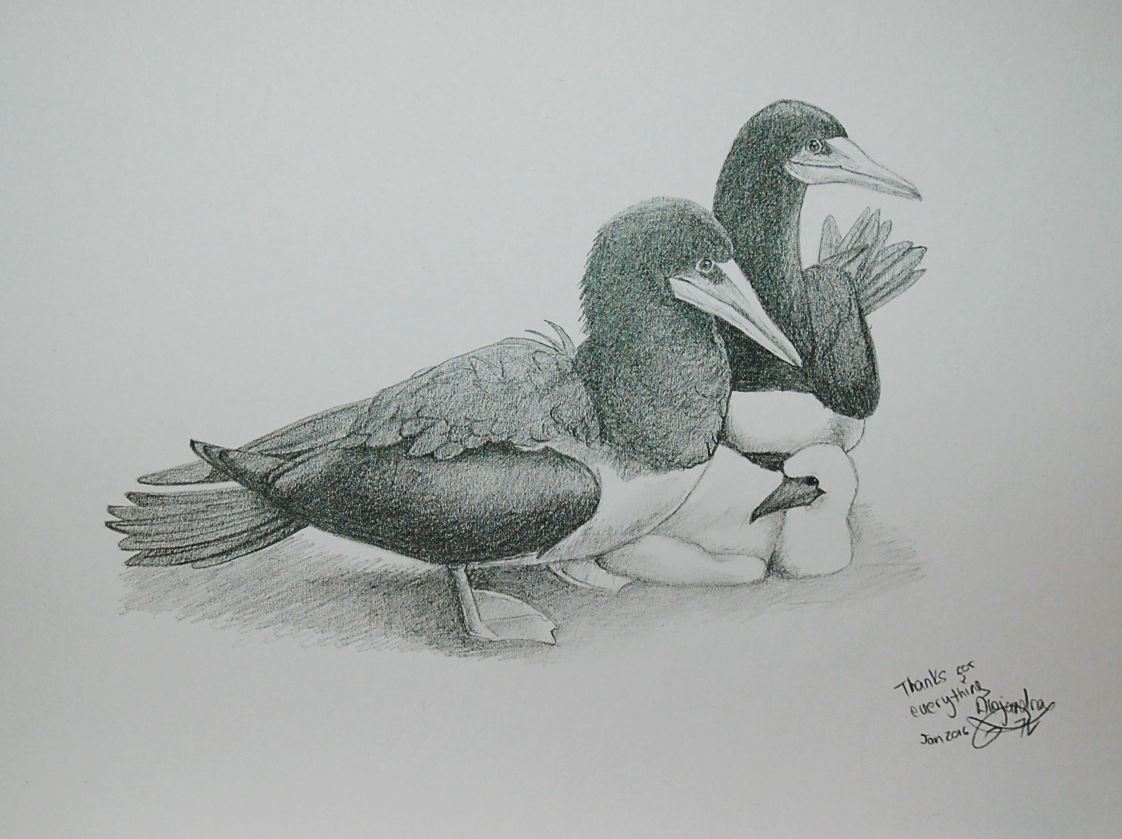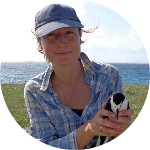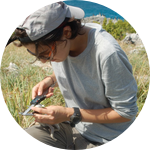About This Project
There is enormous variation in reproductive success in seabirds: some pairs rear a chick successfully year after year, while most are perennial failures. Yet there is little information about why some individuals win and some lose, and the gap is especially big for Caribbean seabirds. We wonder if there are some features of the adults that determine reproductive success (bigger size, better parental care). As the most threatened group of birds, results will help to improve conservation efforts.
Ask the Scientists
Join The DiscussionWhat is the context of this research?
The existence and importance of differing reproductive success among animals and specifically in seabirds, is now well established. There is enormous variation across seabirds: one third of the breeders do not raise any young; and two thirds or even more of these raised youngs do not become breeders, so genes never pass to future generations.
However, it is still unclear exactly why this happens.
We have hypothesized that some individuals may possess features that equip them better for thriving in the environment (like better parental care).
Seabird colonies are often located in hard to reach rocky islands. This, along with extreme weather condition and their unpredictable breeding seasons, make studies difficult to implement
Is this not the perfect context for a scientific adventure?
What is the significance of this project?
Seabirds are currently the most threatened bird group as result of human activity. Overfishing of their prey species, and accidental by-catch by fisheries cause major impacts to seabird populations around the world. In addition, we spill pollutants into our oceans, such as plastics that accumulates forming huge patches and are eaten by seabirds, finish in their stomachs. Seabirds are also sensitive to the temperature of the water, because of the delicate balance of marine food webs; this balance is threated by climate change. Invasive species like rats (who eat the eggs) and coastal development threat seabirds colonies.
Understanding which are the features that determine whether a pair succeeds or fails, given the current situation, is important for improving conservation efforts globally.
What are the goals of the project?
We are investigating, in Caribbean seabirds, which features determine whether a breeding pair is successful or not.
Three different sets of features -so called traits- will be investigated: morphological (body size, colour of bill and legs), behavioural (parental care) and physiological (resistance to suffer stress). These traits will be correlated with several indicators of breeding success, such as percentage of eggs hatched and chick survival.
We are also interested in finding out whether the location that the adults choose to place the nest influences their breeding success. We will examinate the features of the nest (material, location within the colony, exposure to shade/sun).
Brown and Masked boobies (Sula leucogaster and S. dactylatra) are our model species of Caribbean seabirds.
Budget
The Caribbean UK Overseas Territories support accessible and globally important seabird colonies on several islands, such as the Important Bird Areas of Prickly Pear East and Dog Island. But the boat trips to reach these islands are expensive, being the most limiting part of the project.
Our project is already partially funded, though the costs of fieldwork exceed our current budget. We require further financing for boat trips to the offshore islands to conduct fieldwork, specifically a minimum of 10 extra visits to monitor the course of the breeding properly. Of course, the higher amount we reach, the more visits we can do! But just this bit of funding would make a BIG difference, because the visits to the island really are a crucial part of the research project.
We need your help to make it happen!
Endorsed by
Meet the Team
Affiliates
Affiliates
Affiliates
Team Bio
This project is possible thanks to the collaboration of two very different institutions, formed by wonderful people. On one side, expertise researchers from University of Roehampton, who came across with the idea and develop the project (to know more about what we do, check RUBEL). On the other side, nothing would be possible without the support from the Anguilla National Trust, a statutory body in charge of preserving the cultural and environmental heritage of Anguilla.
Alejandra Toledo
I am currently doing my PhD at the University of Roehampton (London), though the bulk of my fieldwork is done in several islands of the Caribbean. I have a BSc in Biology and a MSc in Animal Ecology. But my heart belongs especifically to birds, which I have loved since I was very young. Avian ecology and conservation are my main research interests. I am especially interested in how environmental factors influence avian physiology and behaviour, thereby affecting traits and processes at the individual and population level. My ultimate aim is to contribute to the improvement of species and habitat conservation.
Enrico Rezende
My research lies in the interface between physiology, ecology and evolution. Lineages differ in a variety of attributes that ultimately shape the range of environmental conditions that they can tolerate and how they interact with other organisms. In this context, I am broadly interested in understanding, from a mechanistic perspective, how evolutionary history partly explains and contributes to observed ecological patterns, and employ a variety of empirical, comparative and theoretical approaches to study this subject. Current research topics include the evolution of physiological performance and integrated phenotypes, the association between tolerance limits and geographic distribution and the fingerprint of evolutionary history on ecological networks of species interactions.
Louise Soanes
I have been involved with seabird research since completing my MSc in 2005. My PhD focused on the foraging behaviour and home range definition of seabirds. Since 2013 my research has been based in the Caribbean UK overseas Territories of Anguilla and the British Virgin Islands, with a focus on using seabirds to define marine protected areas and in identify threats facing important seabird breeding populations.
Lewis Halsey
Learning about animals, teaching about animals, and all round enjoying animals - I'm very lucky that this is my job. I'm a biologist based in London, working with a group of young, up and coming researchers studying the behaviour, physiology, ecology and energetics of many amazing species.
Additional Information
DONATIONS
Any help would be largely appreciated and modestly acknowledged:
If you donate 1-10 $: your name would appear in our incoming webpage and we will update you about the developent of the project.
> 25 $: you could name a chick as cute as this. We will send you a picture of your chick and will tell you how is his life, where and how is the nest, etc.

> 50 $: you could name a chick, and receive a picture of the chick and a certificate of sponsorship.
> 100 $: you will receive a print like this!

> 200 $: you will receive an authentic and unique drawing!
> 500 $: you will receive an original watercolor paint!!
Project Backers
- 24Backers
- 28%Funded
- $835Total Donations
- $34.79Average Donation



